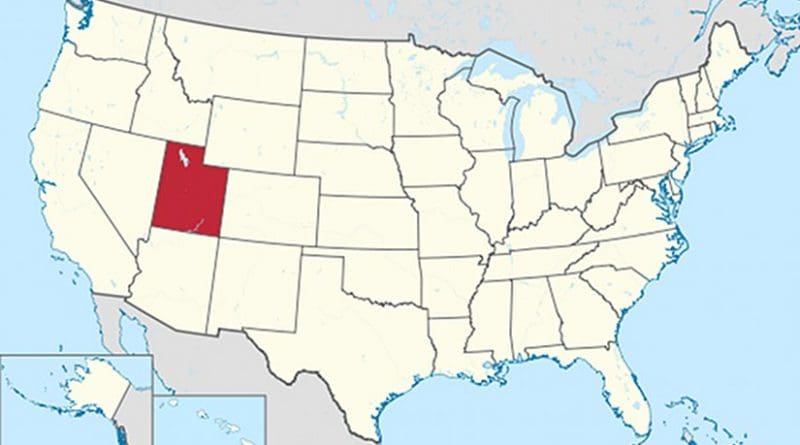Constitutional Rights Group Opposes Utah Ag-Gag Law
By The Center for Constitutional Rights
The Center for Constitutional Rights (CCR) filed Thursday a brief in support of animal rights activists challenging Utah’s so-called “ag-gag” law, which punishes whistleblowing and undercover investigations inside of animal agriculture facilities. The law was enacted in 2012, over widespread public opposition. During legislative hearings, lawmakers expressed that the goal of the bill was to hinder animal rights activism.
“Utah legislators were transparent about their disdain for animal rights activists,” said Center for Constitutional Rights Senior Managing Attorney Shayana Kadidal. “If only they had the same appreciation for transparency when it comes to the violence the activists are documenting and exposing.”
Utah’s ag-gag law punishes recording images or sounds within an animal agricultural facility or gaining access to such a facility under false pretenses. Attorneys say the law is a response to undercover investigations inside animal farms and slaughter plants by animal rights activists. During hearings on the law, the bill’s sponsor referred to animal rights activists as “terrorists” and made clear the ag-gag law was aimed at “the vegetarian people” who “are trying to kill the animal industry.” Other legislators argued that investigations inside animal agricultural facilities should be criminalized because they are used “for the advancement of animal rights nationally, which, in our industry, we find egregious.”
Amy Meyer, a plaintiff in the case, was the first person charged under the law, after she filmed slaughter plant workers pushing a sick cow with a bulldozer. The Utah law applies to filming within facilities, but Meyer was on public property. The charges were dropped within 24 hours after independent journalist Will Potter broke the story. Four other activists from Farm Animal Rights Movement were charged under the Utah ag-gag law after filming a hog farm from a public roadway. Those charges were also dropped.
In the past decade, animal rights activists have conducted more than 80 undercover investigations inside of animal agricultural facilities. The investigations have resulted in animal cruelty prosecutions, plant closures, and the largest meat recall in U.S. history. In response, industry groups began an aggressive effort to pass state-level ag-gag legislation, prohibiting the documentation of practices on farms and in slaughter plants and efforts to gain access to animal facilities.
In August, a federal judge struck down a similar law in Idaho as a violation of the First Amendment.
Ag-gag laws are part of a broader pattern of legislation aimed at the repression of animal rights activists, which also includes the federal Animal Enterprise Terrorism Act (AETA). CCR is currently challenging the AETA on behalf of activists charged as terrorists for releasing animals from fur farms.

